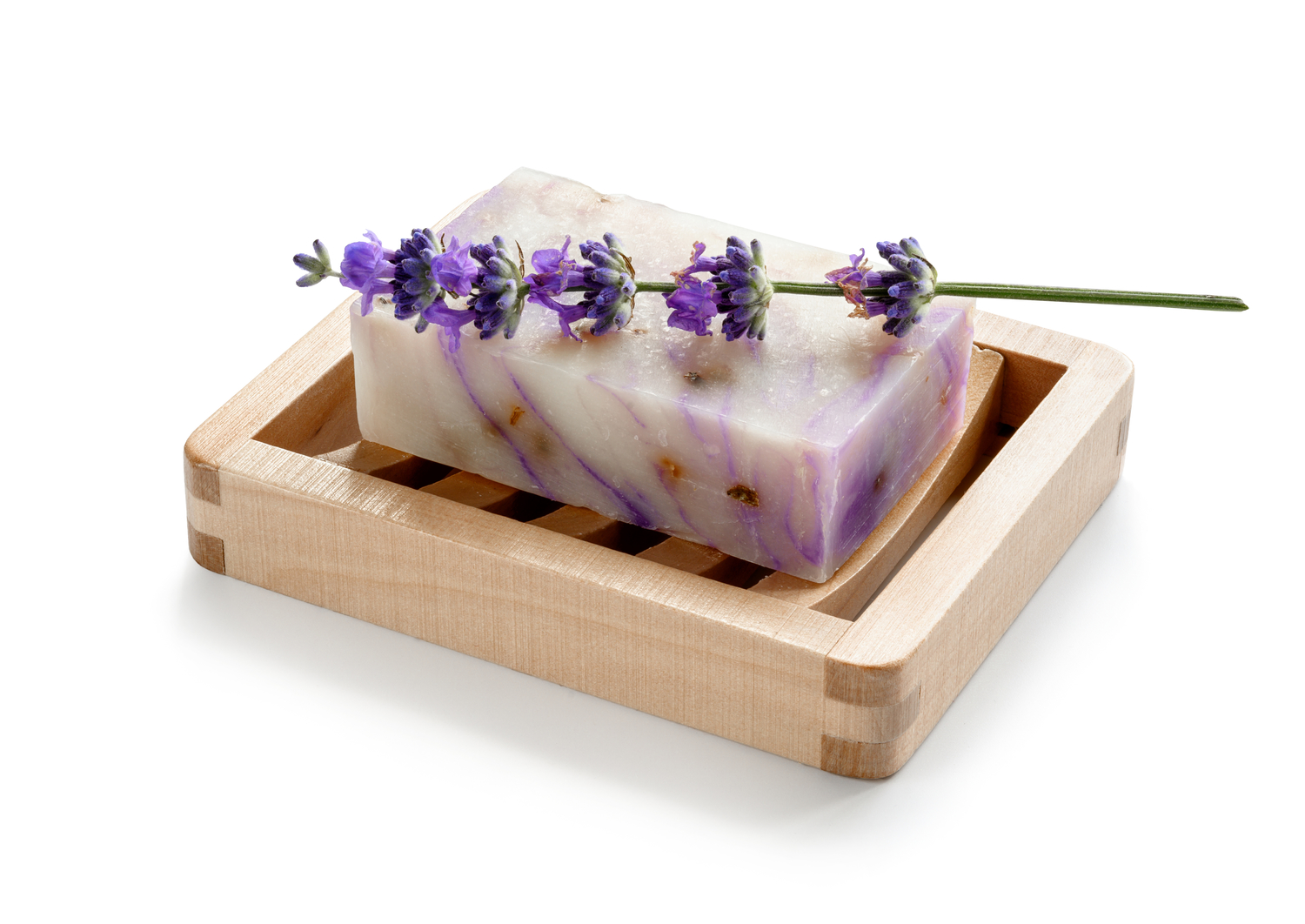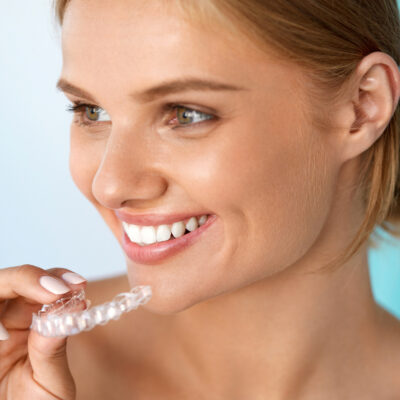
Soaps that Trigger Eczema
Skin care is very important as part of our general health care. There are various conditions that can affect the skin and cause much discomfort and distress, such as eczema or atopic dermatitis.
These allergic skin conditions cause inflammation of the skin which result in red, itchy inflamed, and cracked patches of skin. One topical care product that can activate eczema is soap. The kinds of soap which are likely to trigger eczema are as follows:
1. Soaps containing methylchloroisothiazolinone and methylisothiazolinone
Soaps containing MCI and MI are not recommended for use on your skin if you suffer from eczema. Although these ingredients were used in cosmetic care and baby products, they are not healthy for your sensitive skin. These ingredients can cause itchiness or flakiness on your skin
2. Soaps with propylene glycol
This ingredient is present in many skin care products, such as soap, medication and even in eczema treatments. However, it can cause skin irritation so soaps containing this ingredient should be avoided.
3. Antibacterial soaps
Although soaps are designed to eliminate bacteria, they can aggravate sensitive skin. If you are struggling with eczema these soap can worsen the condition causing flare-ups.
4. Strong fragrance soaps
Everybody, especially women, want their skin to smell lovely. The reality is that though strong fragrance soaps are popular and affordable, and a large part of many people’s beauty regimen, they are not the best for use on skin. These products can cause irritation resulting in a flare up of the condition.
5. Soaps with cocamidopropyl betaine
It’s natural to think that coconut oil is just healthy. Generally, it is, but soap contains this ingredient that’s derived from coconut oil which can be problematic for people with eczema. This can cause redness and flaking.
6. Soaps with botanical oils
Botanical oils are widely used skin moisturizers and soaps readily available for purchase. Using soap products containing botanical oils , like almond oil can cause the skin to become sensitive.
Now that we have realized that there are various kinds of soap that should be avoided with eczema, is there specialized adolescent eczema treatment and teen atopic dermatitis treatment for teenagers that may have these issues?
A large number of teenagers that struggle with eczema often curtails their regular activities and affects their self esteem. Teenagers and adolescents should be treated with sensitivity. Special attention must be given to bathing habits as the skin must be kept clean. Mild rashes and itching can be treated with mild topical steroid and oral antibiotics will help with bacterial infection. Antihistamines can also help with itching.
Eczema can cause much discomfort and also embarrassment because of ifs unflattering profile. Being knowledgeable about this condition is critical so that triggers can be avoided and the most suitable treatment plan can be implemented. Ensure that you work with your dermatologist who will be able to give you professional advice about your condition and help you on the road to recovery.


